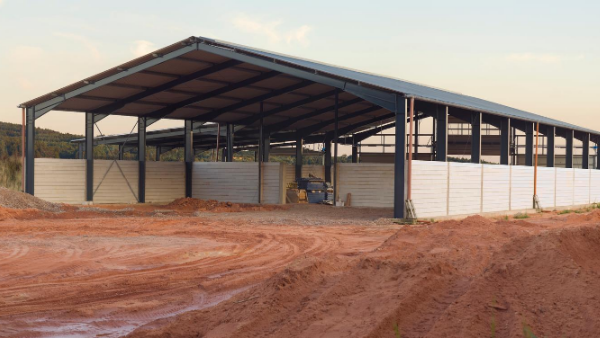Author
Agricultural buildings tend to be large, utilitarian, and positioned for reasons of practicality and their conversion can both result in large and unwieldy houses and leave an unattractive building or group of buildings apparent in the landscape indefinitely. It is possible to make a case to a local authority that there is a better solution and to “trade” the Class Q consent for a better designed and less intrusive building or buildings.
Mansell v Tonbridge & Malling BC
In September 2017, a judgment in the case of Mansell v Tonbridge & Malling Borough Council [2017] EWCA Civ 1314 was handed down by the Court of Appeal. The case concerned the grant of planning permission for four houses on land currently occupied by a tired bungalow and a large agricultural building. In granting consent for four replacement houses, the Council took into account the fact that the barn could be converted to three houses under Class Q (agricultural to a residential dwelling) of the Town and Country Planning (General Permitted Development)(England) Order 2015 (“Class Q”). The neighbour was unhappy and bought a Judicial Review. The consent was initially quashed by the High Court, but reinstated by the Court of Appeal, who found it was legitimate for the Council to grant the consent, even though no application to convert the barn had been made.
The Court of Appeal held in Mansell, the fact that an agricultural building could be converted (the “fallback position”) is a material consideration when considering a proposal for a new house or houses, provided that there is a realistic prospect of such development going ahead. Where such consent exists, or could reasonably be granted, then it is possible to design a brand new house and present a case to a Local Authority that there are benefits (“a betterment”) in planning terms over and above any generated from the Class Q conversion.
Potential betterments
Such benefits could be:
- A better designed and less visually intrusive house;
- A better and more workable layout for several houses;
- The removal of eyesores;
- Improvements to the setting of a listed farmhouse;
A better and more attractive scheme is likely to add value to a consent in terms of the value of both the building to be converted and any existing nearby houses. Owners of buildings with Class Q consents should give consideration as to whether a better and more valuable planning scheme could be developed.
In the South West, practice varies amongst Planning Authorities, and whilst some Councils are readily open to an alternative scheme, others are reluctant to engage in considering alternatives. Often there is only one chance to push an alternative scheme through and proposals, therefore, need to be well-considered and presented to maximise any chance of success.
Author
Michelmores Property Development Club
The Michelmores Property Development Club (PDC) is a forum for developers and property professionals to connect and share knowledge. The Club is celebrating its 22nd...
Michelmores Property Awards
Celebrating the best of property, development and construction in the South West The Michelmores Property Awards celebrate the best property, development and construction projects in...



